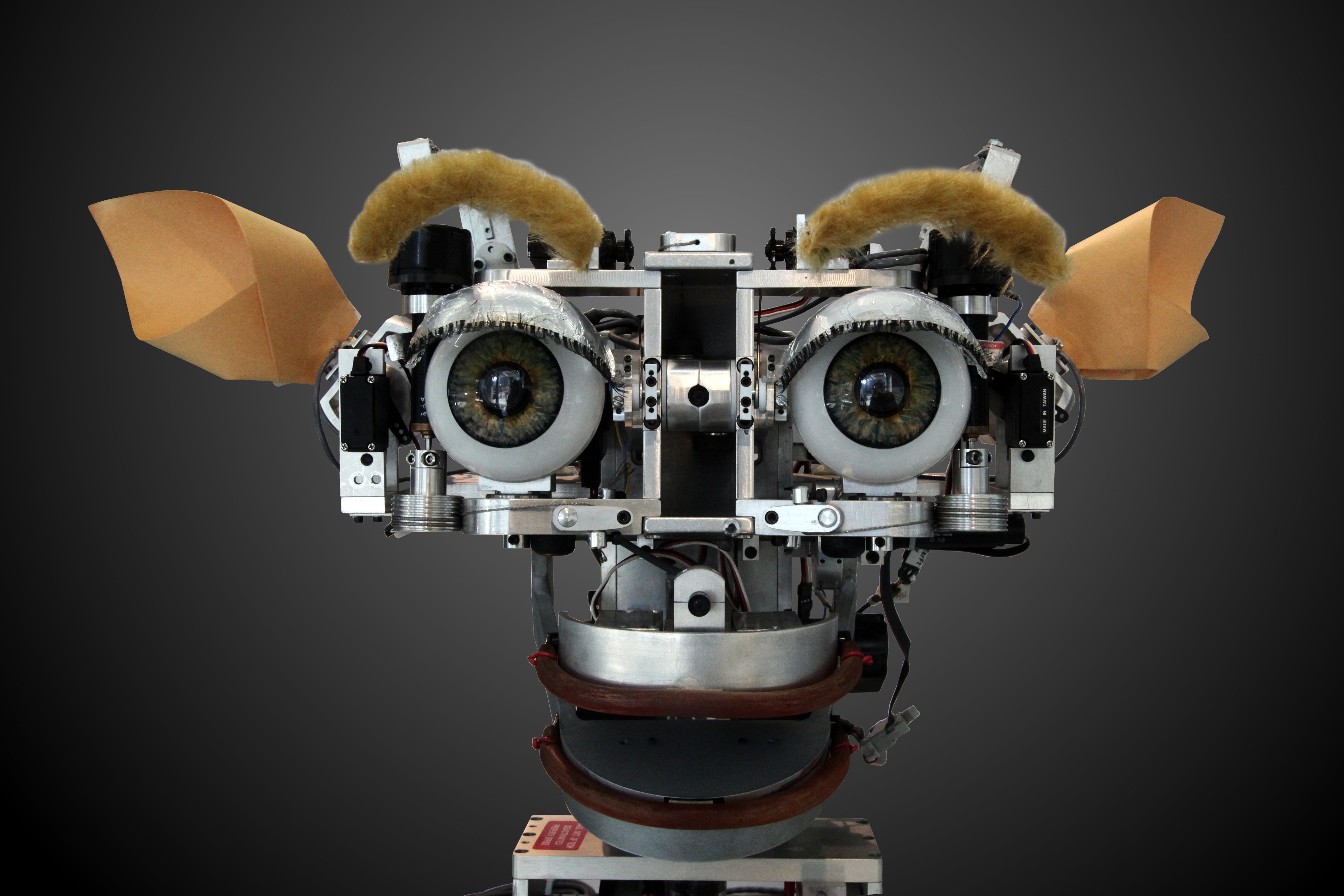Artificial intelligence
 Artificial intelligence (AI), in its broadest sense, is intelligence exhibited by machines, particularly computer systems. It is a field of research in computer science that develops and studies methods and software that enable machines to perceive their environment and use learning and intelligence to take actions that maximize their chances of achieving defined goals. Such machines may be called AIs.
Artificial intelligence (AI), in its broadest sense, is intelligence exhibited by machines, particularly computer systems. It is a field of research in computer science that develops and studies methods and software that enable machines to perceive their environment and use learning and intelligence to take actions that maximize their chances of achieving defined goals. Such machines may be called AIs.Some high-profile applications of AI include advanced web search engines (e.g., Google Search); recommendation systems (used by YouTube, Amazon, and Netflix); interacting via human speech (e.g., Google Assistant, Siri, and Alexa); autonomous vehicles (e.g., Waymo); generative and creative tools (e.g., ChatGPT, Apple Intelligence, and AI art); and superhuman play and analysis in strategy games (e.g., chess and Go). However, many AI applications are not perceived as AI: "A lot of cutting edge AI has filtered into general applications, often without being called AI because once something becomes useful enough and common enough it's not labeled AI anymore."
The various subfields of AI research are centered around particular goals and the use of particular tools. The traditional goals of AI research include reasoning, knowledge representation, planning, learning, natural language processing, perception, and support for robotics. General intelligence—the ability to complete any task performable by a human on an at least equal level—is among the field's long-term goals. To reach these goals, AI researchers have adapted and integrated a wide range of techniques, including search and mathematical optimization, formal logic, artificial neural networks, and methods based on statistics, operations research, and economics. AI also draws upon psychology, linguistics, philosophy, neuroscience, and other fields.
Artificial intelligence was founded as an academic discipline in 1956, and the field went through multiple cycles of optimism, followed by periods of disappointment and loss of funding, known as AI winter. Funding and interest vastly increased after 2012 when deep learning outperformed previous AI techniques. This growth accelerated further after 2017 with the transformer architecture, and by the early 2020s hundreds of billions of dollars were being invested in AI (known as the "AI boom"). The widespread use of AI in the 21st century exposed several unintended consequences and harms in the present and raised concerns about its risks and long-term effects in the future, prompting discussions about regulatory policies to ensure the safety and benefits of the technology. Provided by Wikipedia
Showing 21 - 40 results of 207 for search 'AI', query time: 0.01s
Refine Results1
-
21“…Amnesty International (AI)…”
Date 1978
Call Number: MAD/171.10 -
22
-
23“…Amnesty International (AI)…”
Date 1978
Call Number: MAD/081.17 -
24“…Amnesty International (AI)…”
Date 1976
Call Number: MAD/042.32 -
25“…Amnesty International (AI)…”
Date 1972
Call Number: MAD/1298.01 -
26“…Amnesty International (AI)…”
Date 1975
Call Number: MAD/042.30 -
27“…Amnesty International (AI)…”
Date [1975]
Call Number: MAD/062.28 -
28“…Amnesty International (AI)…”
Date 1979
Call Number: MAD/103.29 -
29“…Amnesty International (AI)…”
Date 1982
Call Number: MAD/094.14 -
30
-
31
-
32Documentatiebestand Vereniging België-DDR“…Amnesty International (AI)…”
Date 1981
Call Number: MAD/429.27 -
33Archief Herman J. Claeys“…Amnesty International (AI)…”
Date 1980
Call Number: MAD/621.08 -
34“…Amnesty International (AI)…”
Date [s.a.]
Call Number: MAD/628.49 -
35Fonds Suzan Daniel - FSD“…Amnesty International (AI)…”
Date 1994
Call Number: MAD/698.02 -
36“…Amnesty International (AI)…”
Date 1989
Call Number: MAD/670.01 -
37“…Amnesty International (AI)…”
Date 1988
Call Number: MAD/670.23 -
38“…Amnesty International (AI)…”
Date 1973
Call Number: 2006-MB/116 -
39“…Amnesty International (AI)…”
Date 1976
Call Number: MAD/716.13 -
40